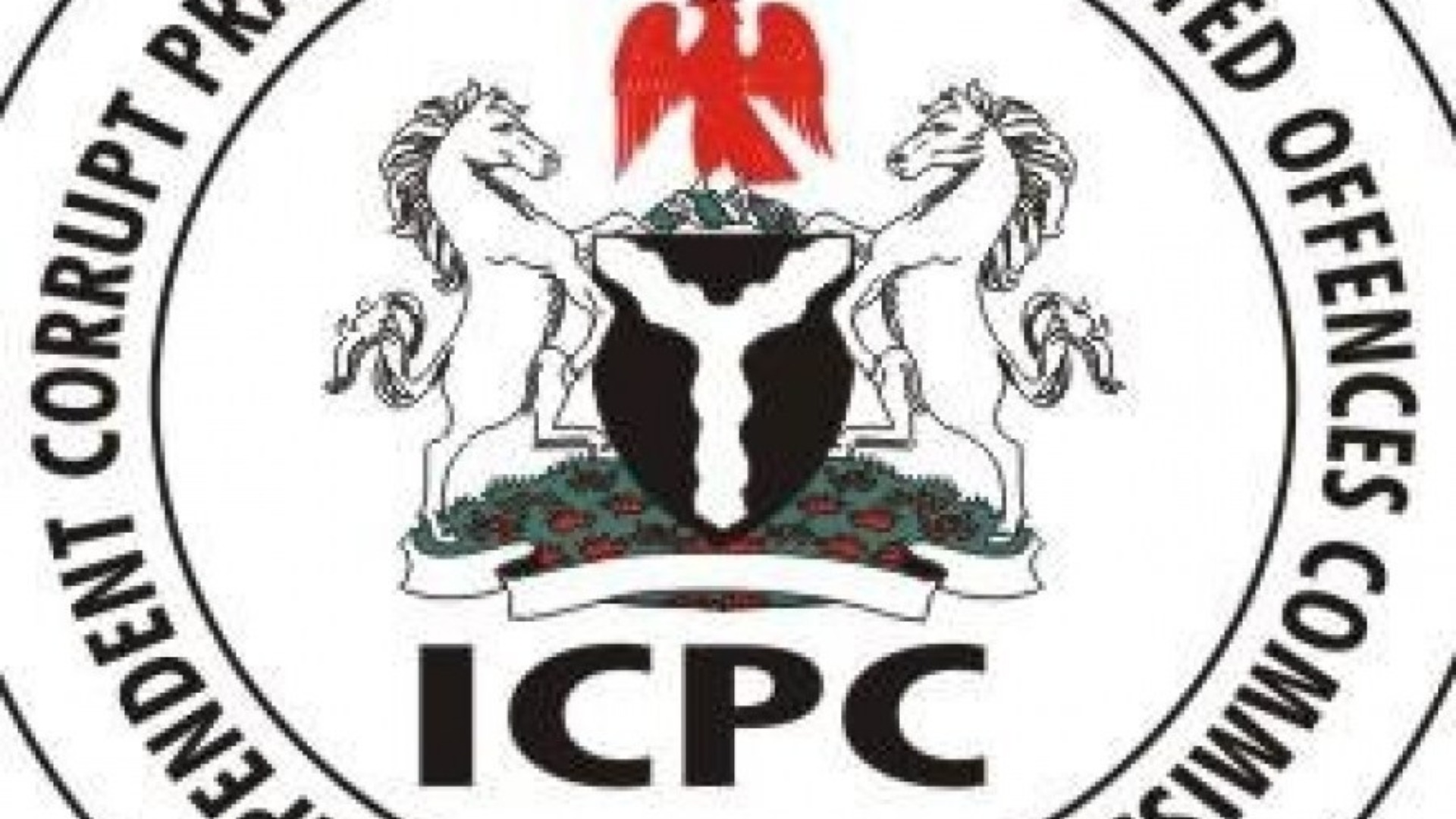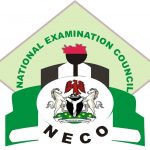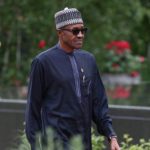
The Independent Corrupt Practices and Other Related Offences Commission (ICPC) says the outcome of a recent survey conducted by it indicated that students of tertiary institutions across the country are “dangerously exposed” to corruption.
The Chairman of the ICPC, Prof Bolaji Owasanoye, who disclosed this in Abuja on Tuesday said that the report also showed that students were very susceptible to corruption.
Owasanoye spoke at the commission’s headquarters, while presenting the report of the survey at a National Stakeholders’ Meeting on Nigeria Corruption Index and Presentation of Policy Brief on Eradicating Electoral Corruption.
The News Agency of Nigeria (NAN) reports that the survey report is tagged: “Corruption Awareness Attitude and Susceptible (CAAS) : Survey of Students of Tertiary Institutions 2019.”
According to Owasanoye, the survey was carried out in the six geopolitical zones of the country.
“The survey indicated that the susceptibility of students to corruption was derived from synthesising the indicators for attitude toward corruption with previous personal involvement in corrupt practices.
“The indicators for attitude toward corruption include nepotism among others,” he said.
According to him, there is the inescapable reality that students of tertiary institutions will eventually occupy the echelons of both the public and private sectors hence, the need to ensure they have the proper awareness of corruption matters.
“The attitude of future leaders toward corruption should be such that does not create room for corruption to thrive,” he said.
He also called for deliberate steps to preventing corruption and implement appropriate enforcement mechanisms.
The chairman said that the commission was collaborating with other relevant agencies of government to implement the findings of the survey.
“The findings and the outcomes could also be preventive measures that we have statutory power to focus on,” Owasanoye said.
On his part, a former chairman of the commission, Mr Ekpo Nta said that government was doing substantially well in the fight against corruption.
He said that stakeholders must address the theoretical framework of corruption in order to be focused in the fight against the menace.
“This is one of the processes that anti- corruption agencies have put in place that will guide the fight against corruption.”
He also called for the implementation of the National Anti-Corruption Strategy to achieve results in the war against corruption.





